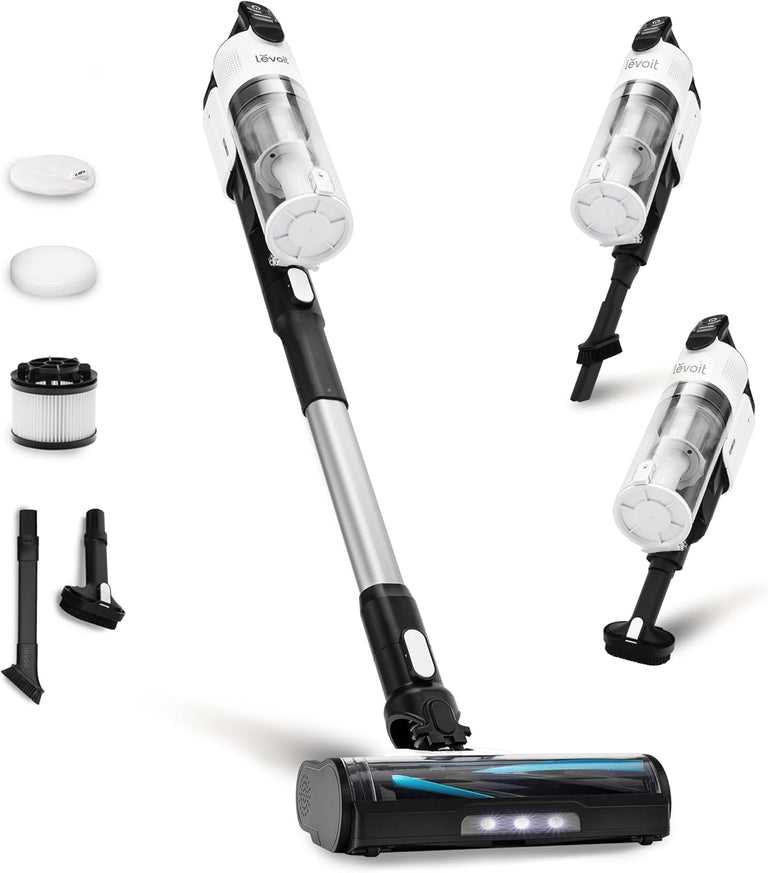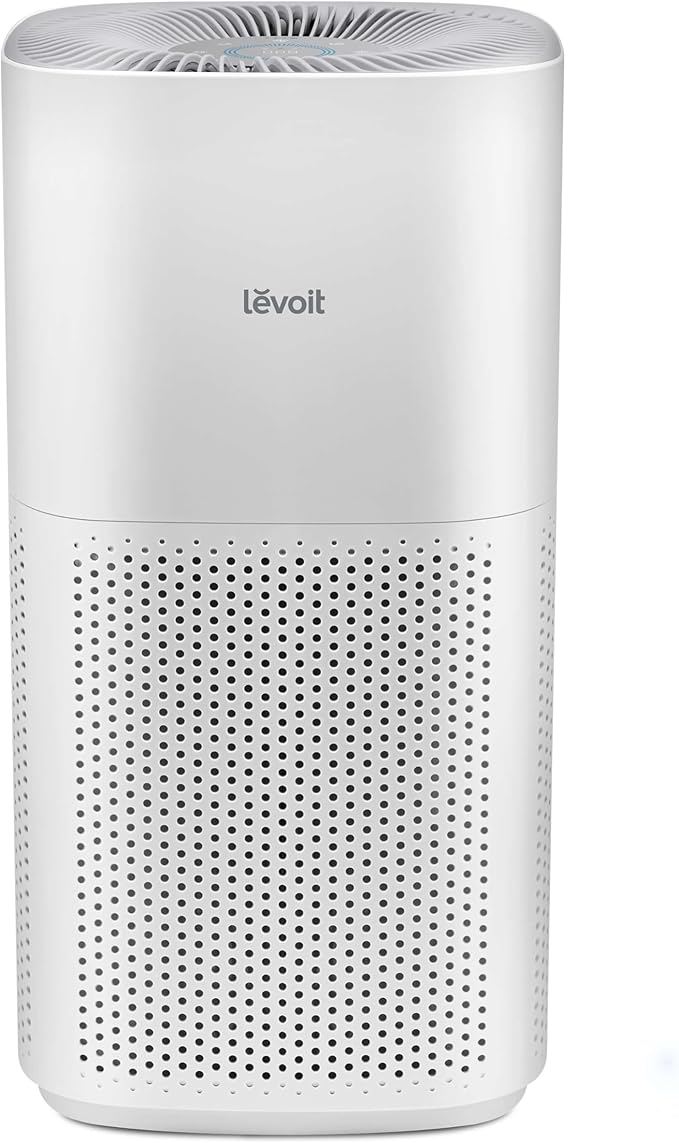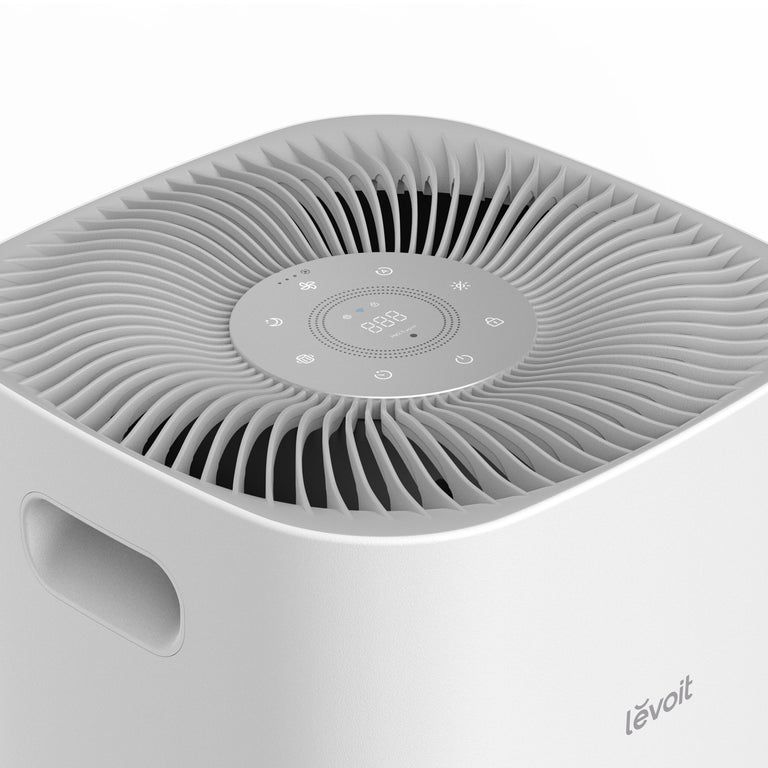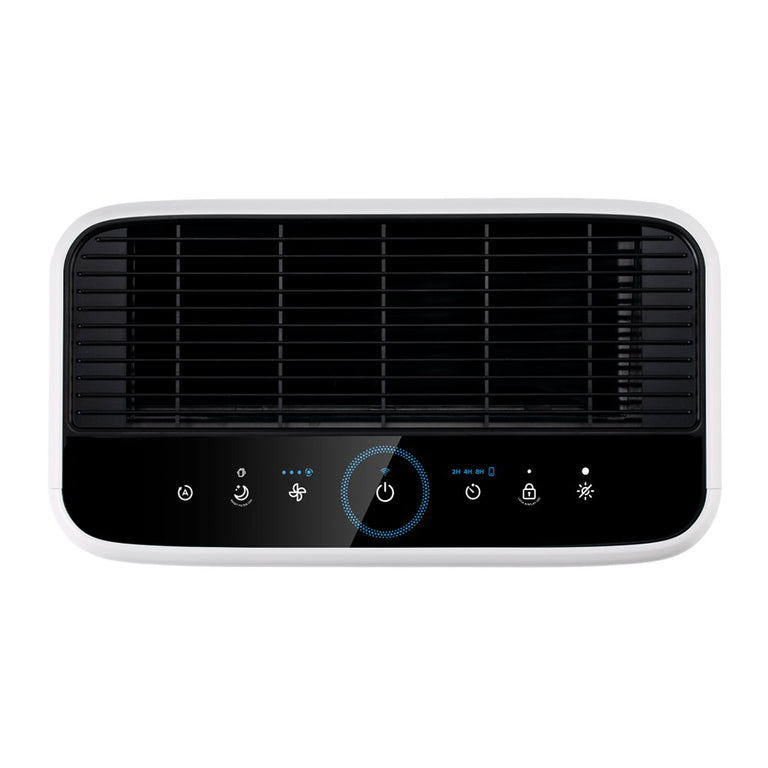
Tips for Better Sleep
-
1 min read
About one-third of adults in the U.S. don’t get enough sleep. Catching your z’s may be difficult, but there are many tips and tools out there to improve your sleep game.
Air Purifiers and Humidifiers
Waking up stuffy and lethargic? An air purifier helps remove airborne pollutants, such as dust, pollen, and VOCs (volatile organic compounds).
Humidifiers are also great bedtime sidekicks. A higher relative humidity can help keep your throat and nasal passageways lubricated.
White Noise
If you’re a sensitive sleeper and easily woken up by sudden sounds, a white noise machine or tower fan may be helpful. While scientists haven’t pinpointed the exact reasoning why, it’s assumed that constant, deeper levels of noise mask sharp sounds that may disrupt your slumber.
Breathable Bedding
Does your bedding make you feel like you’re sleeping in plastic? Lower-quality sheets may be made with stifling materials, such as polyester, that trap your body heat. Softer, more natural fibers like percale cotton or flax linen are far more breathable and can help reduce the likelihood of sweaty nights.
Supportive Mattress and Pillows
If you find yourself tossing and turning throughout the night, unable to find the perfect position, it may be time for an upgrade. A supportive mattress and pillow can make a world of difference.
Temperature Control
Too hot? Too cold? There are a couple ways to reach "just right,” even if you don’t have central air and heating.
A tower fan is like your own personal wind flurry. You can adjust the fan speed from the comfort of your bed and select specialized modes to keep you cool and comfortable while you’re asleep.
Blackout curtains are another useful tool. Not only do they stop natural light from disrupting your sleep, but they act as light insulation to help control your room’s temperature.
No Screens
It might be tempting to roll your eyes at this, as smartphones are woven into every aspect of our modern lives, but it is true: getting a face-full of blue light before bed can throw off your body’s biological clock and result in poor sleep.
Reading is a great alternative to scrolling social media in the evenings. Research suggests that regularly reading before bed sends signals to your brain that it’s time to sleep, and people who read before bed often sleep better and wake up less frequently. With a handy red light reading light, you can enjoy a relaxing story or delicious novel in bed while prepping your body and brain for sleep. Studies have shown that exposure to a dim red light or warm yellow or orange light can improve sleep and may even increase your body’s production of melatonin.
Important Note
The information provided here is for informational and educational purposes only and should not be used in medical emergencies or for diagnosing or treating any medical condition. It's crucial to consult a licensed medical professional for diagnosis and treatment. External links are for informational purposes and do not constitute endorsements. No warranty of any kind, either expressed or implied, is made as to the products and/or the accuracy, reliability, timeliness, or correctness of the information provided herein.
Sources:
The State Of Sleep Health In America In 2023 - SleepHealth
Blue light has a dark side - Harvard Health
What Is White Noise? (sleepfoundation.org)
Sleep experts’ 18 favorite products for better rest | CNN Underscored
Allergies Got You Fuzzy-Headed? Here’s Why + How to Cope (clevelandclinic.org)
5 humidifier uses: Benefits and risks (medicalnewstoday.com)
Featured Products
-
Best Seller
-
Regular price $189.99Unit price perRegular price
$189.99$189.99- Smart
- Large rooms
-
Best Seller
- Small rooms
-
- Medium rooms








